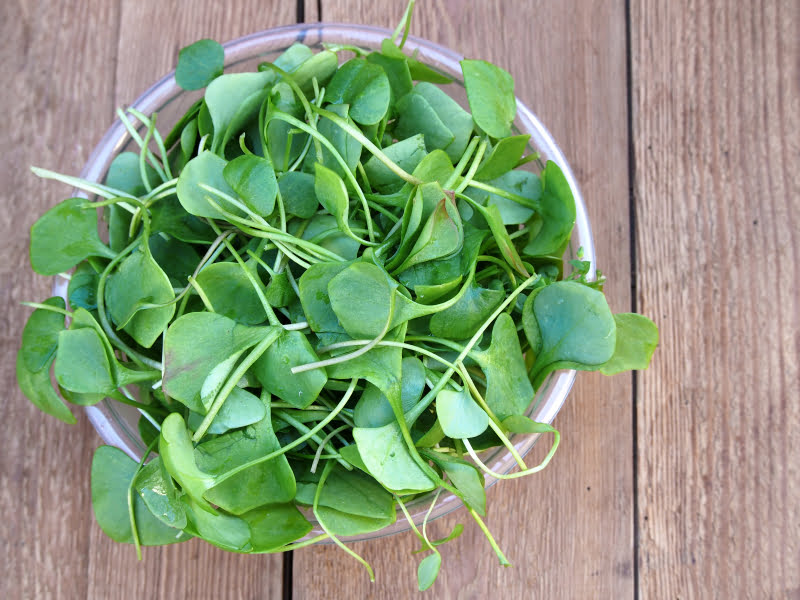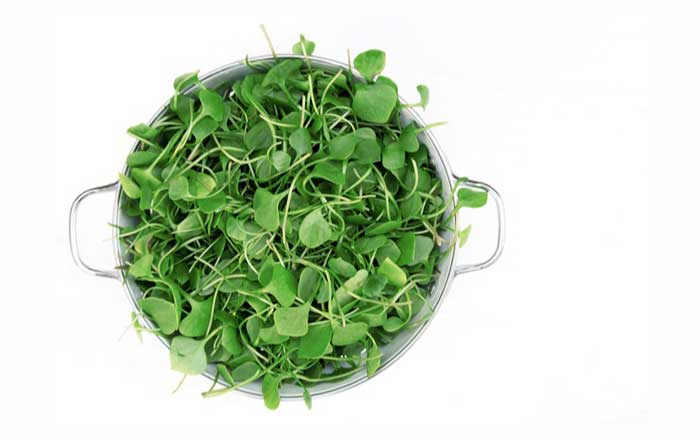Also known by its scientific name Tropaeolum majus, nasturtium is more than just an ornamental plant with vibrant flowers. Whether we’re talking about the leaves, flowers, or seeds, this plant offers a range of remarkable health benefits and has various culinary and medicinal uses.
Benefits of Nasturtium:
- Rich in Nutrients: Nasturtium is an excellent source of vitamin C, a powerful antioxidant that supports the immune system. It also contains significant amounts of lutein and zeaxanthin, carotenoids important for eye health.
- Antioxidant Properties: Its active compounds help neutralize free radicals, protecting cells against oxidative stress and chronic diseases.
- Antibacterial and Antifungal Action: Studies suggest that nasturtium extracts can inhibit the growth of certain bacteria and fungi, contributing to overall health.
- Natural Expectorant: Nasturtium can help relieve symptoms of respiratory conditions by facilitating the elimination of mucus.
- Stimulates Digestion: The bitter principles in nasturtium can stimulate the secretion of digestive juices, improving the digestion process.
- Anti-inflammatory Properties: Certain compounds in nasturtium may have anti-inflammatory effects, helping to reduce inflammation in the body.
Uses of Nasturtium:
- Culinary:
- Leaves and Flowers: Add a peppery note and vibrant color to salads, sandwiches, and other dishes. They can also be used to garnish plates.
- Green Seeds: Can be pickled and used as a spicy substitute for capers.
- Nasturtium Pesto: A delicious and flavorful alternative to traditional pesto.
- Medicinal:
- Infusions and Tinctures: Traditionally used to support respiratory and immune health.
- External Use: Applied topically, it can help relieve minor skin irritations due to its antiseptic properties.
Contraindications and Precautions:
- Gastrointestinal Irritation: Excessive consumption of nasturtium may cause irritation to the stomach and intestines in some people.
- Drug Interactions: People taking certain medications, such as diuretics, should consult a doctor before consuming large amounts of nasturtium, as it may intensify their effects.
- Pregnancy and Breastfeeding: There are not enough studies on the safety of nasturtium consumption during pregnancy and breastfeeding, so caution and consultation with a doctor are recommended.

Nasturtium is a fascinating plant with multiple benefits. Integrated in moderation into the diet and used with caution, it can be a valuable ally for your health.
Have you ever tried nasturtium?
Tell us how you used it! 😊

